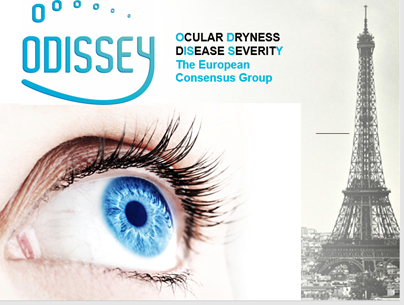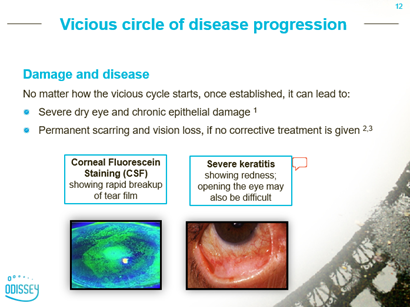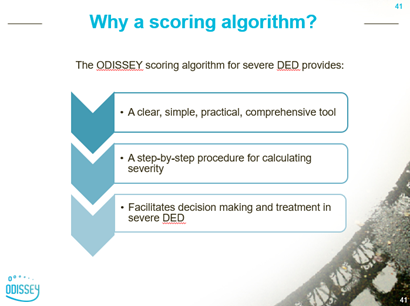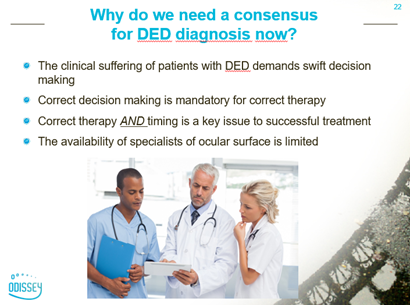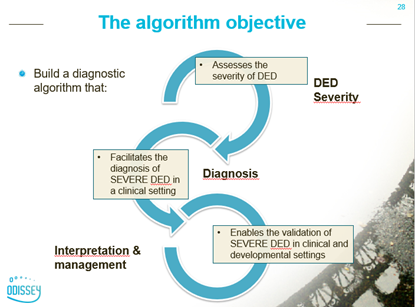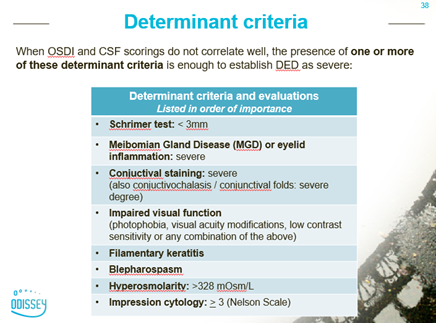Clients
Case studies
Cancer Research UK is the world’s largest independent cancer research charity dedicated to saving lives. Formed in 2002, their vision is to bring forward the day when all cancers are cured.
MSD is a global pharmaceutical-healthcare leader that operates in more than 140 countries to deliver innovative health solutions. Known as Merck & Co. in the USA and Canada, the company’s core product categories include diabetes, cancer, vaccines and acute hospital care.
The ODISSEY European Consensus Group is made up of international expert eye specialists. In 2014, these experts came together to develop a new algorithm for evaluating and diagnosing severe dry eye disease (DED).
This new algorithm was sponsored by Santen: a global leader in eye health research and related medical devices.
What my clients & colleagues say
- Corinne is a valuable asset
London
- A committed medical copywriter
Syneos Health
Greater London
- Your first draft was very high standard
Paris Area, France
- Professional, swift website input
HCA Healthcare UK
- Clear medical education material
Brentford, Middlesex, UK
- Nice work on the corporate brochure!
Horsham, UK
- A responsive, dependable medical writer
Umea, Sweden
- A capable, virtual committee member
Corinne also led an online session, which was well-planned and illustrated by the slides she created and wrote. These enabled delegates to actively participate in what could have been an extremely passive session. The feedback afterwards was appropriately excellent.”
Tuberous Sclerosis Association UK
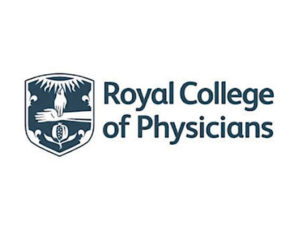
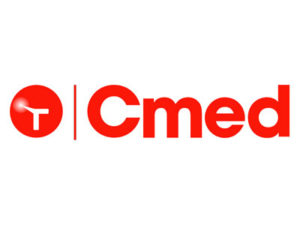
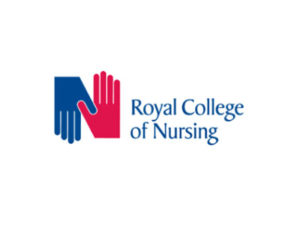
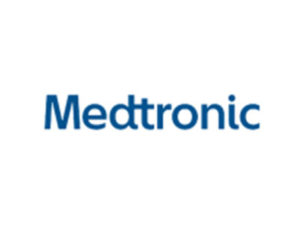
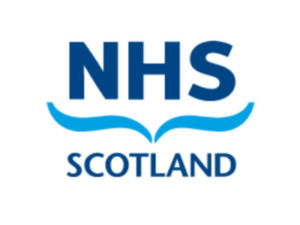
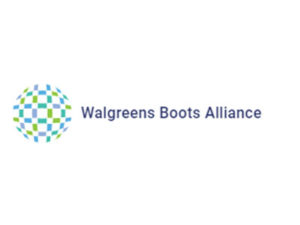
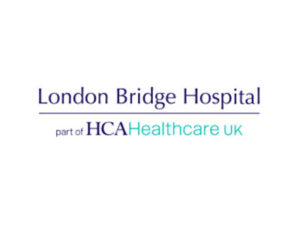
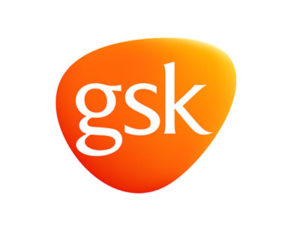
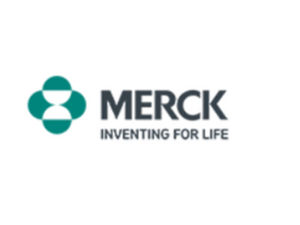
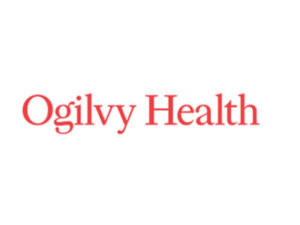
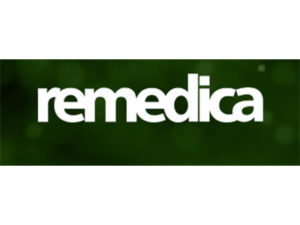

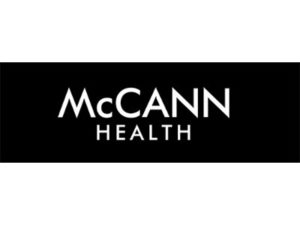
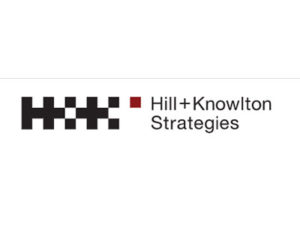
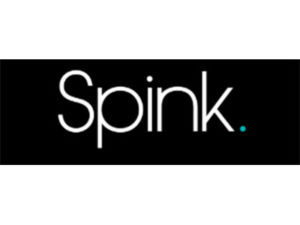

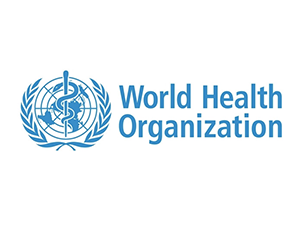
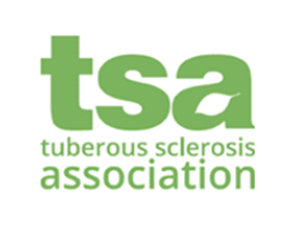
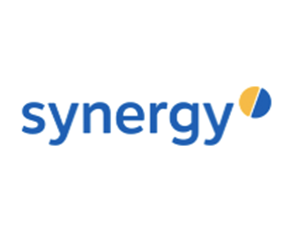
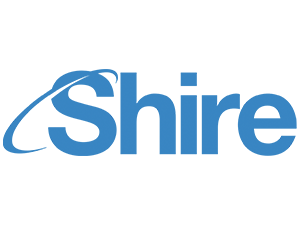
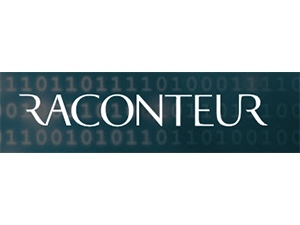
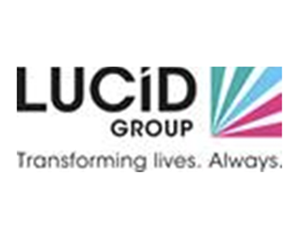
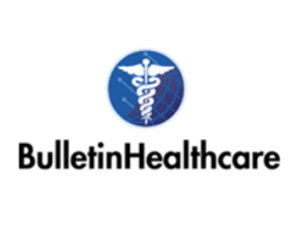
Case studies
Digital patient education content for Cancer Research UK
CLIENT:
Cancer Research UK is the world’s largest independent cancer research charity dedicated to saving lives. Formed in 2002, their vision is to bring forward the day when all cancers are cured.
CHALLENGE:
Cancer Research UK engaged me for a patient comms project. They wanted to dispel some key myths and fears about certain cancers and cancer treatments that were preventing patients from seeking early detection, support and therapy for their potential cancer symptoms.
My brief was to create patient education material about a range of cancers, including: leukaemia, bladder cancer, prostate cancer, multiple myeloma, skin cancer (melanoma) and pancreatic cancer.
STRATEGY:
- I interviewed a range of patients and healthcare professionals (HCPs) to identify public concerns, case studies, and common myths about cancer diagnosis and treatment.
- I wrote targeted website articles and social media posts, focusing on current cancer fears, to communicate with patients. For example, whether microwaves, mobile phones, Wi-Fi, artificial sweetners, and/or acidic diets can cause cancer. (No scientific evidence to date shows that they do).
- The content highlighted the importance of reliable medical information and recognised various disproven cancer treatments. It also promoted the clinical benefits of detecting cancer symptoms early.
- I wrote a range of patient comms including social media posts, emails and press releases to publicise these new web articles and the charity’s new support services for patients, the press, and healthcare professionals.
- The main priority was to ensure clear communication with patients, by writing relevant and trustworthy content that would also attract media attention.
RESULTS:
Cancer Research UK received significant organic traffic to these new articles on their website.
The charity also experienced increased enquiries about their new patient support services for over a year.
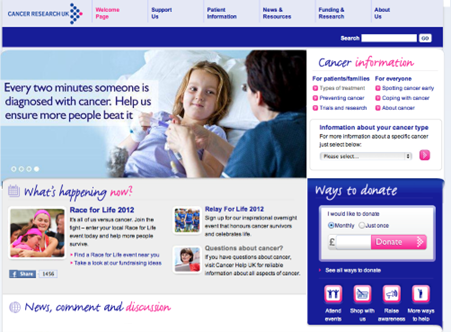
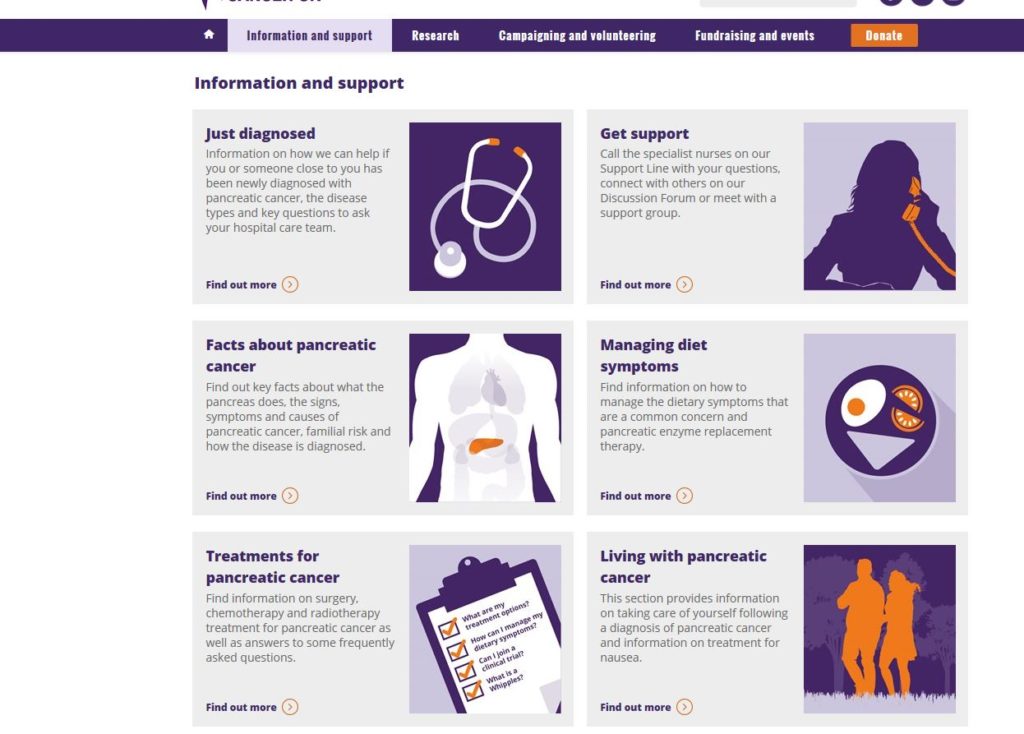
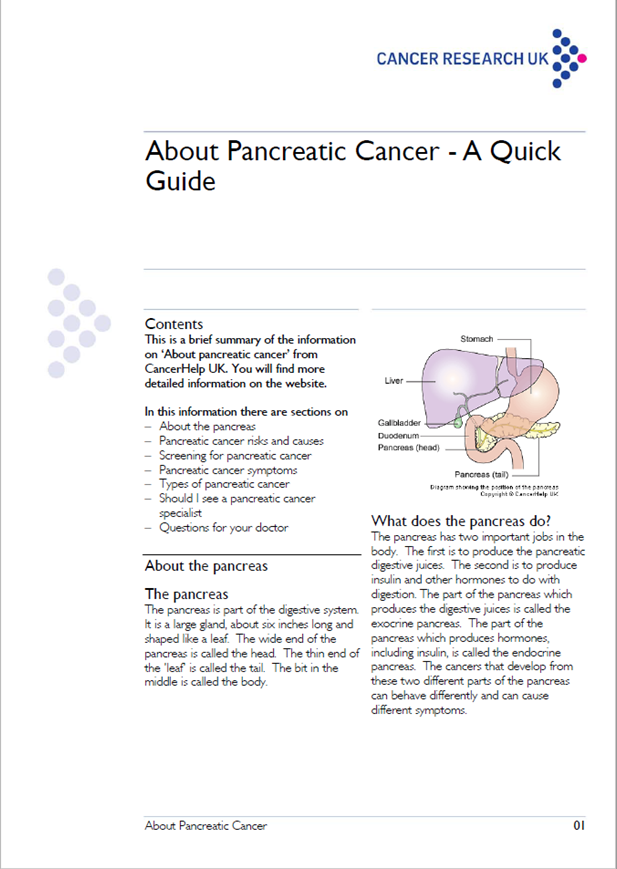
Diabetes promotions & CME for MSD Switzerland
CLIENT:
MSD is a global pharmaceutical-healthcare leader that operates in more than 140 countries to deliver innovative health solutions. Known as Merck & Co. in the USA and Canada, the company’s core product categories include diabetes, cancer, vaccines and acute hospital care.
CHALLENGE:
MSD Switzerland commissioned me to write copy for a continuing medical education (CME) diabetes training academy. The aim was to encourage Swiss healthcare professionals (HCPs) to sign up for the academy to help them improve their diabetes care and management.
Besides diabetes care, the MSD academy material also needed to subtlety promote MSD treatments for high cholesterol, rheumatoid arthritis, psoriatic arthritis, ankylosing spondylitis and ulcerative colitis. The client wanted to communicate with HCPs in an educational, rather than a commercial way.
STRATEGY:
- I collaborated with the Swiss client, academics and a web designer to research, plan and develop HCP content for a series of promotional-educational emails and microsite landing pages in plain English, which were then translated into French and German.
- The main aim of the copywriting was to highlight the benefits of signing up to the diabetes training academy to receive free e-learning modules, patient brochures, physician newsletters, and key opinion leader (KOL) articles on the management and latest treatments of diabetes.
- I researched, wrote and edited a number of the academy’s learning modules, patient brochures and KOL articles.
RESULTS:
The launch of the emails and landing pages generated traffic to the microsite, and encouraged new sign-ups for the new CME diabetes academy. The copy also earned back-links to on-site content and newsletters.
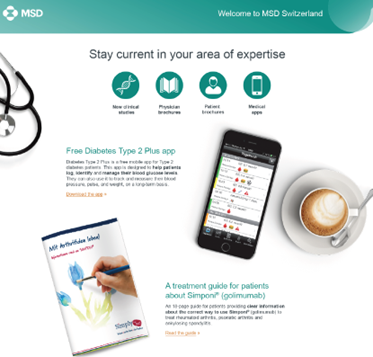
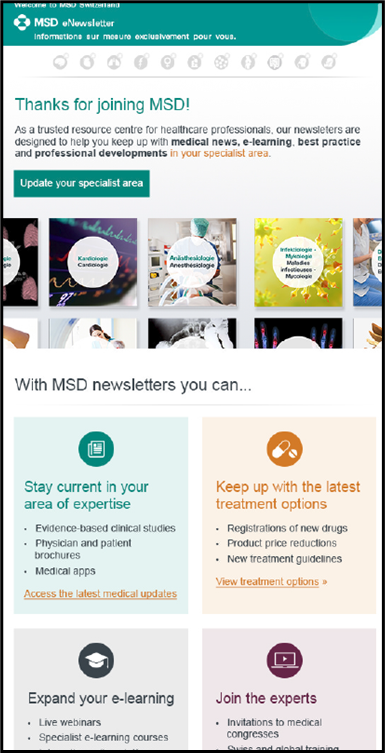
Clinical guide to diagnose severe dry eye disease (ODISSEY) for Santen
CLIENT & SPONSOR:
The ODISSEY European Consensus Group is made up of expert eye specialists who deal with challenging eye disease issues. In 2014, these experts came together to develop a new algorithm for evaluating and diagnosing severe dry eye disease (DED).
Santen is a global leader in eye health research and related medical devices. Santen sponsors the production of various ODISSEY educational material for HCPs.
CHALLENGE:
Santen engaged me to develop a 50-page continuing medical education (CME) slide kit for ophthalmologists to explain the need for a new algorithm for diagnosing DED, on an international basis.
The slide kit needed to review the essential criteria and key steps included in this algorithm to allow ophthalmologists to diagnose severe DED, especially in the cases of challenging DED symptoms.
STRATEGY:
- I reviewed and analysed the ODISSEY Consensus findings with the client, sponsor and ophthalmology experts, and outlined the content for each of the 50 slides.
- I researched, planned, wrote and edited relevant key points to highlight the effects of DED on pharmacoeconomics, patient quality-of-life, and the vicious circle of DED disease progression.
RESULTS:
The final CME slide kit was successfully presented at several international educational conferences, and distributed to ophthalmologists across Europe.
Since then, the DED algorithm has been adopted by ophthalmologists across the world, and it continues to be updated and used to educate today’s healthcare professionals.
